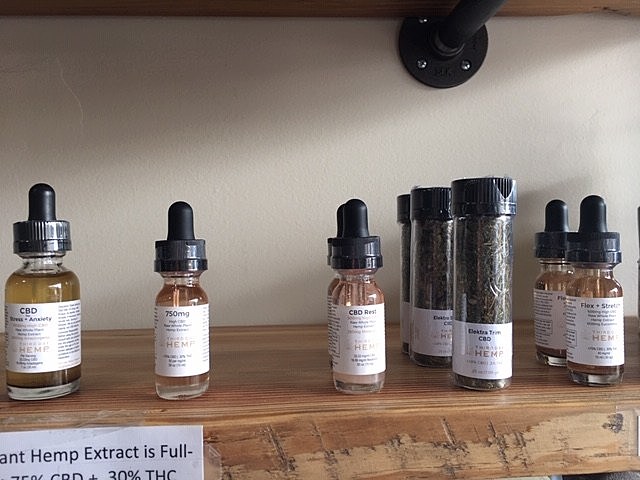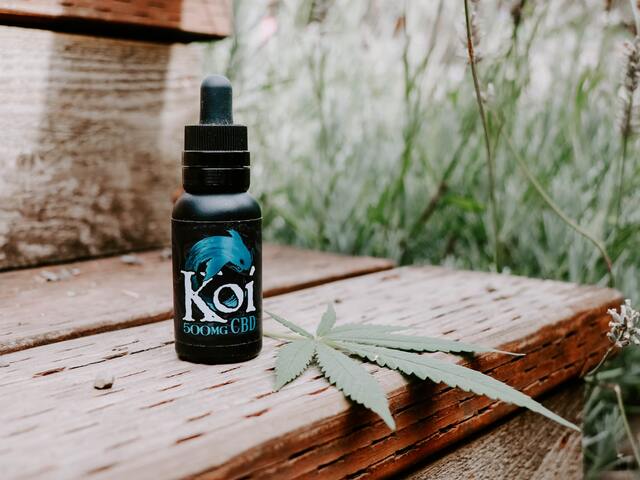Cannabidiol (CBD), a non-psychoactive compound derived from the hemp plant, has gained immense popularity in recent years due to its potential therapeutic benefits. From pain relief to anxiety reduction, CBD is being touted as a natural remedy for a wide range of health issues.
However, as with any medication, it’s important to understand its effects on the body, particularly on vital organs like the liver. One area of concern that has emerged is the impact of CBD on liver enzymes. This article delves into the relationship between CBD and liver enzymes, examining the existing research, potential risks, and what it means for CBD users.
Understanding Liver Enzymes and Their Role
Liver enzymes are proteins that facilitate various biochemical reactions in the liver, an essential organ responsible for detoxifying the blood, metabolizing drugs, and producing vital proteins. The most common liver enzymes monitored in medical tests include alanine aminotransferase (ALT), aspartate aminotransferase (AST), alkaline phosphatase (ALP), and gamma-glutamyl transferase (GGT). Elevated levels of these enzymes can indicate liver damage or inflammation, making them crucial markers for assessing liver health.
How CBD Interacts with the Liver
CBD is metabolized in the liver by the cytochrome P450 enzyme system, which also processes many other medications. This system is responsible for breaking down compounds into their active or inactive forms, which are then excreted from the body. Because CBD is processed by the same enzymes that metabolize many prescription drugs, there is potential for interactions that could affect liver function.
Potential for Liver Enzyme Elevation
Research has shown that CBD can lead to elevated liver enzymes in some individuals. For instance, a study conducted on mice indicated that high doses of CBD could cause liver toxicity. However, it’s important to note that the doses used in animal studies are often much higher than what is typically recommended for human use.
In human studies, the evidence is less clear. Some clinical trials have reported elevated liver enzymes in patients taking high doses of CBD, particularly those with preexisting liver conditions or those who are also taking other medications that affect liver enzymes. For example, in a study involving patients with epilepsy who were given a pharmaceutical-grade CBD product, some participants experienced elevated liver enzymes, leading to the need for dose adjustments or discontinuation of CBD use.
Factors Influencing Liver Enzyme Levels
Several factors can influence how CBD affects liver enzymes, including:
- Dosage: Higher doses of CBD are more likely to impact liver enzyme levels. It’s crucial to start with a low dose and gradually increase it under medical supervision.
- Individual Metabolism: People metabolize CBD at different rates, which can affect how the liver responds to the compound. Genetic factors, age, and overall health can all play a role.
- Concurrent Medications: CBD can interact with other medications processed by the liver, potentially leading to elevated liver enzymes. It’s important to consult with a healthcare provider before combining CBD with other treatments.
- Duration of Use: Long-term use of CBD may have different effects on the liver compared to short-term use. More research is needed to understand these long-term impacts fully.

Clinical Studies and Findings
Several clinical studies have explored the impact of CBD on liver enzymes, with mixed results. Here are some notable findings:
Epidiolex Trials
Epidiolex, a prescription CBD product used to treat certain forms of epilepsy, has been the subject of extensive clinical research. In these trials, some patients experienced elevated liver enzymes, particularly when taking higher doses or combining CBD with other antiepileptic drugs. This finding underscores the need for careful monitoring of liver function in patients using high-dose CBD, especially those with underlying liver conditions.
General Population Studies
In studies involving healthy individuals or those using CBD for general wellness, the incidence of elevated liver enzymes appears to be lower. For example, a study published in the journal found no significant liver enzyme elevations in a group of healthy adults taking daily doses of CBD for six weeks. However, the authors noted that longer-term studies are needed to confirm these findings.
Animal Studies
Animal studies have provided valuable insights into how CBD might affect liver enzymes, though the results are not always directly applicable to humans. High doses of CBD have been shown to cause liver damage in rodents, but these doses are often much higher than what humans typically consume. These studies highlight the importance of dosing considerations and the need for more human-specific research.
Potential Risks and Considerations
While CBD is generally considered safe for most people, it’s important to be aware of potential risks, especially concerning liver health. Here are some key considerations:
Monitoring Liver Function
If you are taking CBD, especially at higher doses, regular monitoring of liver function through blood tests is advisable. This is particularly important if you have preexisting liver conditions or are taking other medications that affect liver enzymes. If you want to read more about CBD on liver enzymes, check out their official site for more info.
Consulting with Healthcare Providers
Before starting CBD, consult with a healthcare provider, especially if you have any liver conditions or are taking medications. They can help you determine an appropriate dosage and monitor for potential interactions and side effects.
Understanding Product Quality
The quality of CBD products can vary widely. Ensure you are using products from reputable manufacturers that provide third-party testing to verify the purity and potency of their products. Contaminants or mislabeled products could pose additional risks to liver health.
Being Informed About Dosage
Start with a low dose of CBD and gradually increase it as needed, monitoring for any adverse effects. Higher doses are more likely to cause liver enzyme elevations, so finding the minimal effective dose is crucial.
Conclusion
The impact of CBD on liver enzymes is a complex and evolving area of research. While there is evidence that high doses of CBD can lead to elevated liver enzymes, especially in individuals with preexisting liver conditions or those taking other medications, the risk appears to be relatively low for the general population using moderate doses.
Regular monitoring of liver function, consulting with healthcare providers, and choosing high-quality products can help mitigate potential risks. As research continues to expand our understanding of CBD and its effects on the liver, staying informed will be key to making safe and effective choices.





